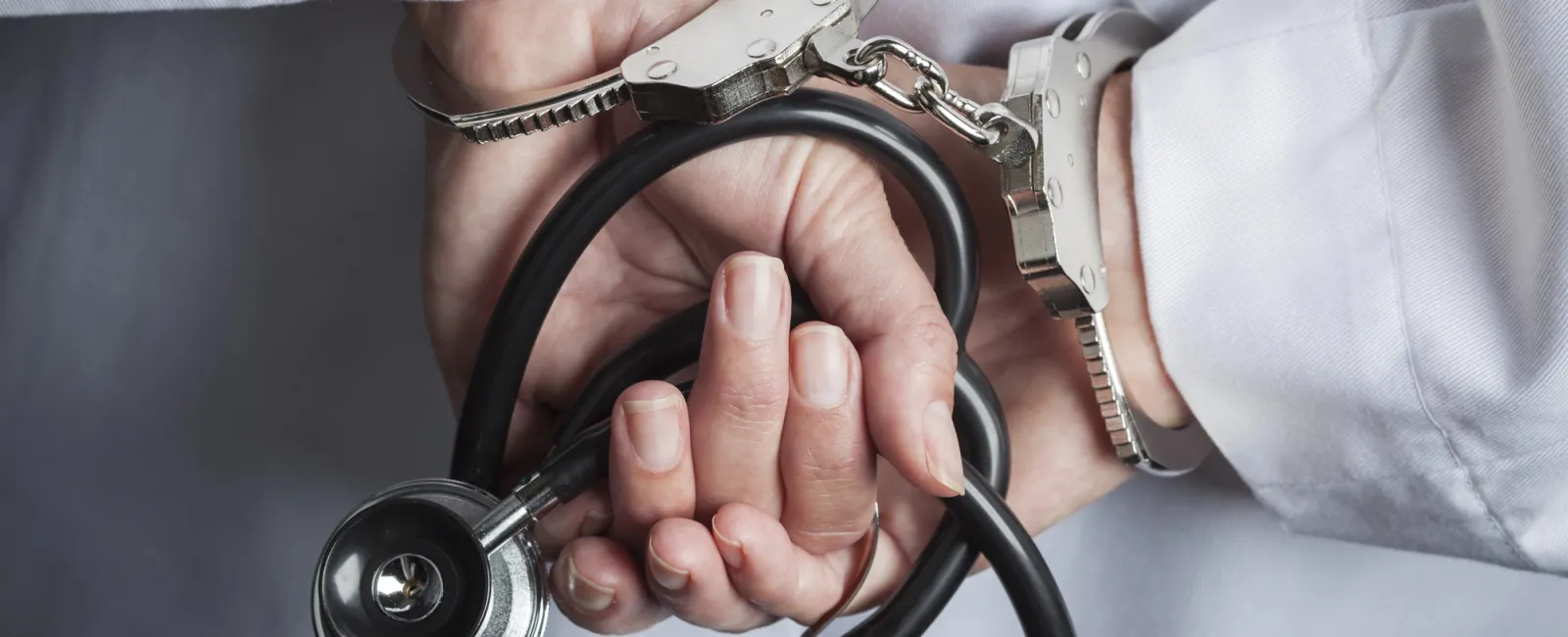As a company with decades of experience protecting small and mid-sized businesses, we understand the growing threat of cyber-attacks targeting sensitive information. One area that has seen a significant rise in fraudulent activity is healthcare. Health insurance meant to provide access to essential treatments and emergency care, has unfortunately become a prime target for scammers looking to exploit vulnerabilities in IT security.
Earlier this year, Change Healthcare, a key player in the healthcare sector, fell victim to a cyber-attack that compromised the data of thousands of healthcare providers, insurers, and policyholders nationwide. The breach was alarming, with reports suggesting that up to 50% of all U.S. medical claims could be at risk. If you find yourself in a waiting room with nine others, five of you could potentially become victims of medical identity theft within the year. Once your medical information is exposed online, identity thieves can misuse it to file false claims, purchase expensive prescriptions, and much more, all charged to your account.
The consequences of this type of fraud are far-reaching. Imagine going to your doctor, expecting to schedule a procedure, only to be denied because your insurance claims you've exhausted your benefits for the year—even though you haven't had any procedures. This is the reality for many victims of medical ID theft. Their identities have been stolen and used by others for medical treatments, leaving them to deal with the fallout.

But the threat isn't limited to individual patients. Fraudulent organizations are also exploiting medical information to run fake billing schemes. These criminals submit false claims for services you never received or requested, then collect their payday, leaving you to foot the bill. In July, 193 defendants, including 76 medical professionals, were charged for their involvement in healthcare fraud schemes that resulted in $2.75 billion in false billings to federal programs. Medical fraud is real, and it's happening at an alarming rate.
How Do You Know If You're a Victim?
Here are 10 warning signs that your medical ID may have been stolen and is being used by
cybercriminals:
- Unexpected Medical Bills: Receiving bills for medical services you didn't receive is a major red flag.
- Collection Notices: Being contacted by debt collectors for unpaid medical bills that aren't yours.
- Errors in Medical Records: Discovering inaccuracies in your medical records, such as treatments you never had, incorrect diagnoses, or unfamiliar medical histories.
- Insurance Issues: Your health insurance claims are denied because your benefits have been maxed out or you're told you've reached your coverage limit, despite not using the services.
- Notification From Your Insurance Provider: Receiving alerts from your health insurance provider about claims or services you don't recognize.
- Unknown Accounts: Discovering new health insurance accounts or medical records under your name that you didn't create.
- Discrepancies in Your Explanation of Benefits (EOB): Your EOB statements from your insurer list medical services you didn't receive.
- Being Denied Insurance: Having difficulty obtaining life or health insurance because medical conditions that you don't have are listed in your records.
- Calls From Medical Providers: Receiving calls from doctors or medical facilities about appointments or follow-ups for treatments you never had.
- Unfamiliar Prescriptions: Notices about filling prescriptions in your name that you did not authorize or receive.
How Can You Prevent Becoming a Victim of Medical ID Fraud?
Protecting yourself from medical ID theft requires vigilance and proactive measures. Here are steps you can take to safeguard your information:
- Check for Healthcare Breaches:

Regularly search for healthcare breaches that may have compromised your information. - Secure Your Records: Store physical copies of your medical records in a secure location, such as a safe or lockbox, to prevent unauthorized access.
- Shred Documents: Always shred documents containing personal information before discarding them.
- Monitor Your Medical Records: Request and review your medical records regularly to identify any unfamiliar treatments, diagnoses, or discrepancies.
- Review Insurance Bills: Scrutinize your EOB statements for services you did not receive. Report any unfamiliar charges to your insurer immediately and notify credit bureaus of billing errors.
- Dispose of Prescription Labels: Remove and shred labels from empty prescription bottles before discarding them to prevent identity theft.
- Monitor Your Credit: Use services like AnnualCreditReport.com to obtain free credit reports and monitor suspicious activity.
Healthcare will continue to be a target for cybercriminals, making it crucial to take proactive steps to protect yourself. Our company is dedicated to helping businesses like yours safeguard against these threats. We offer a FREE Dark Web Scan to quickly identify if your information has been compromised or if you've been a victim of a data breach.
To book your Dark Web Scan, call us at 973-575-4950 or visit www.ibsre.com. Let us help you protect your sensitive information and provide a secure, stabilized computing environment for your business.
